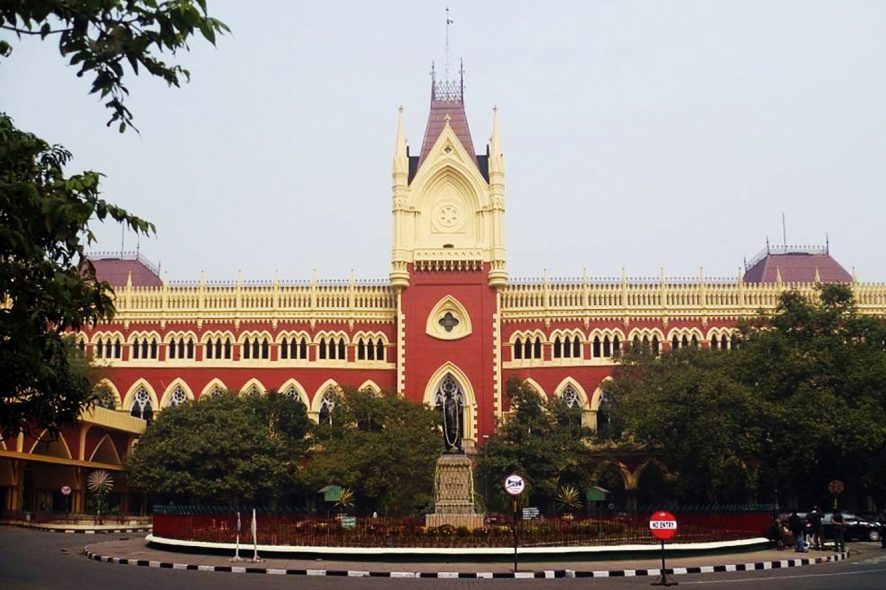Calcutta High Court: A Division Bench has ruled that in cases of granting a license to run liquor shops, the licensing authority must work in accordance with the rules in force at the given time and not those which may have been in force when the application for such license was first made to the said authority.
The appellant had made an application under the Bengal Excise Act to run a liquor shop from rented premises in March 2004. The respondent, a co-owner of the shop filed objections to the shop being run from its premises but the same was ignored and the license was granted in 2004. The appeal of the present respondents was rejected and so was a revisionary application.
Writ was then filed before a Single Judge Bench where it was submitted that under the West Bengal Excise (Selection of New Sites and Grant of Licence for Retail Sale of Liquor and Certain Other Intoxicants) Rules, 2003, operation of liquor shops in the vicinity of schools etc. was prohibited, vicinity is defined as 300 feet. This distance, however, was increased to 1000 feet vide an amendment in April 2004.
Hence the issue for consideration was that was the license granted to the appellant under the old rules (300 feet) tenable for the sole reason that the application for the license was made when the old rules were in force, even though the order actually granting the license was passed when the new rules (1000 feet) were in force.
The Single Judge held that it was settled law that where a license was to be granted, the authority concerned must do so in light of the existing rules, hence the decision of the revisional authority was overturned. This order of the Single Judge came to be challenged in this appeal before the division bench.
Jyotirmay Bhattacharya, CJ, referred to the case of State of Kerala v. Six Holiday Resorts Private Limited, (2010) 5 SCC 186 where the Supreme Court held that whether the issue was an amendment to existing rules or a change in policy, license for running liquor shops shall be granted only under rules in force when the application is being considered. The applicant has no right to claim that his application is considered under the rules in force when such application was made. Same was also held in Somdev Kapoor v. State of West Bengal, (2014) 14 SCC 486.
It was claimed by the appellant that the Single-Judge Bench had directed the licensing authority to grant the appellant the license, but the Court held that the Single Judge’s order was not a mandatory direction to actually grant the license under the unamended rules but a general direction to consider the grant of license. The appellant also relied upon a notification issued by the Excise Commissioner of West Bengal directing licensing authorities to not reject applications received before the publication of the amendment notification merely because they did not comply with the new norms. However, the Court rejected this contention, stating that the appellant was actually granted a license before the notification by the Excise Commissioner and hence the same could not be relied upon. Hence the Revisional Authority was directed to consider the application for a license in light of the amended rules and the application was disposed of. [Sumita Dutta v. Principal Secretary of Excise, 2018 SCC OnLine Cal 2381, decided on 16-05-2018]






